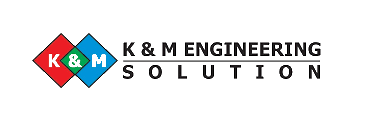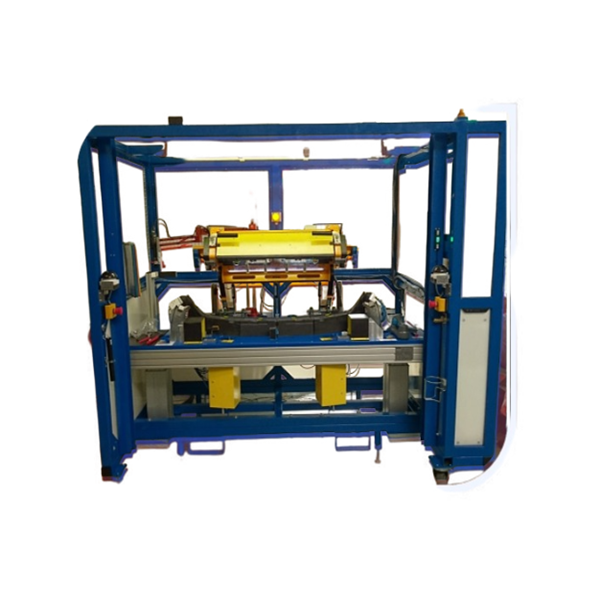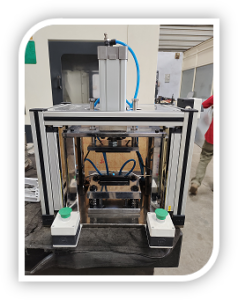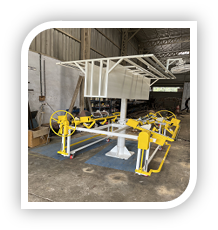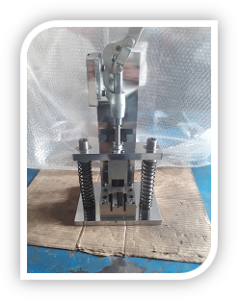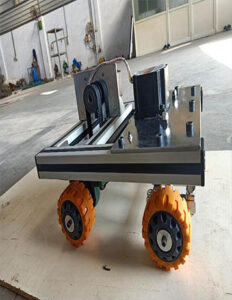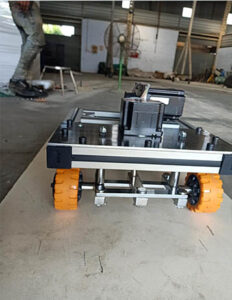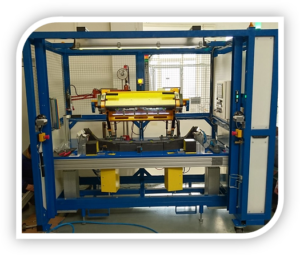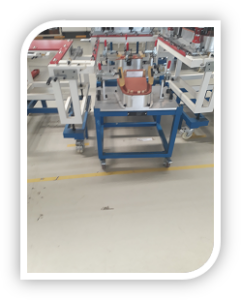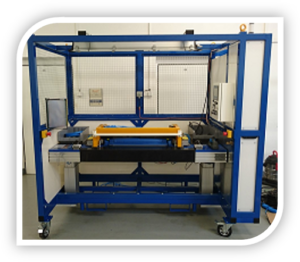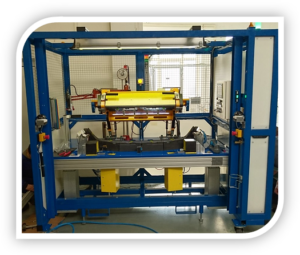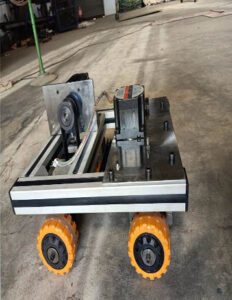SPM
An SPM machine, or Special Purpose Machine, is a custom-built piece of machine designed to perform a specific task in manufacturing or production. Unlike general-purpose machines that can handle a range of operations, SPM machines are fine-tuned for one particular function, making them much more efficient and precise when it comes to repetitive tasks. This specialization allows manufacturers to boost both speed and accuracy in their production processes.
Key Features and Applications of Special Purpose Machines (SPM)
Special Purpose Machines (SPMs) are custom-engineered machines designed to meet specific needs within a manufacturing process. These machines stand out in a variety of industries due to their precision, efficiency, and ability to automate complex tasks. Below are some key features and examples of SPM machines:
Customization:
SPMs are tailored to fit the unique requirements of a particular product or process. Unlike general-purpose machines, SPMs are designed for a specific task, ensuring that the machinery performs optimally for that purpose.
High Efficiency:
SPMs are optimized for speed, precision, and repeatability. Their ability to carry out repetitive tasks with high accuracy contributes significantly to improved production rates and reduced cycle times.
Automation:
Many SPMs are automated, which reduces the need for human intervention. Automation leads to greater consistency, fewer errors, and enhanced productivity, making the manufacturing process more streamlined and efficient.
Cost-Effectiveness:
Though the initial cost of designing and building an SPM can be substantial, the long-term benefits typically outweigh the expense. These machines lead to reduced labor costs, fewer errors, and minimal downtime, ultimately improving profitability.
Complex Operations:
SPMs are often capable of performing multiple tasks in a single machine, such as drilling, turning, grinding, or assembly. This versatility allows manufacturers to carry out intricate operations that would be otherwise time-consuming and labor-intensive.
Examples of SPM Machines:
Drilling Machines:
These machines are specifically used to drill holes in workpieces at precise locations. They are common in industries like automotive and aerospace, where accuracy in drilling is crucial.
Assembly Machines:
Used to automate the assembly process, these machines are found in industries like electronics, where components must be assembled in a highly controlled and efficient manner.
Grinding Machines:
Designed to grind a component to achieve a precise surface finish or dimensional accuracy, grinding machines are widely used in industries that require high-quality finishes.
Inspection Machines:
These machines automatically inspect finished products for defects or quality control, ensuring that each item meets the required standards before being sent to the next stage.
Applications of SPM Machines:
Automobile Industry:
SPMs are used extensively in the production of engine parts, transmissions, and other automotive components, where high precision is crucial for safety and performance.
Electronics Industry:
SPMs help automate tasks like circuit board assembly, testing, and component placement, enhancing efficiency in the production of electronic devices.
Aerospace:
In aerospace, SPMs are used for high-precision machining of critical components, such as turbine blades and engine parts, ensuring reliability and safety.
Medical Devices:
For the production of medical devices and equipment, SPMs are used to manufacture parts with tight tolerances and high quality, ensuring both safety and functionality.
In conclusion, SPM machines are vital in modern manufacturing, offering customized, efficient, and automated solutions to complex production needs across various industries.
